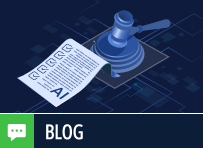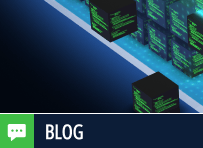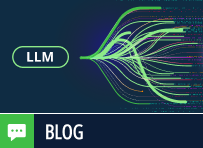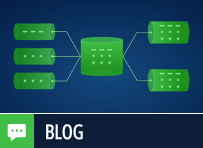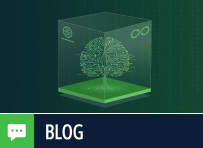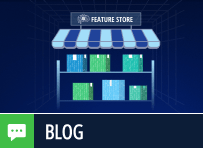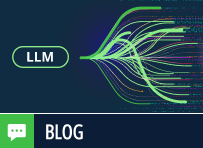The AI/ML Regulatory Landscape and How to Stay Ahead
The entire world of technology is abuzz about AI/ML. It’s arguably the most disruptive technology to society since the smartphone. In fact, Gartner estimates that the number of companies using open-source AI directly will increase tenfold by 2027. While this rapid advance is fueling quantum leaps in innovation, it also ignites increasing scrutiny from regulatory …
